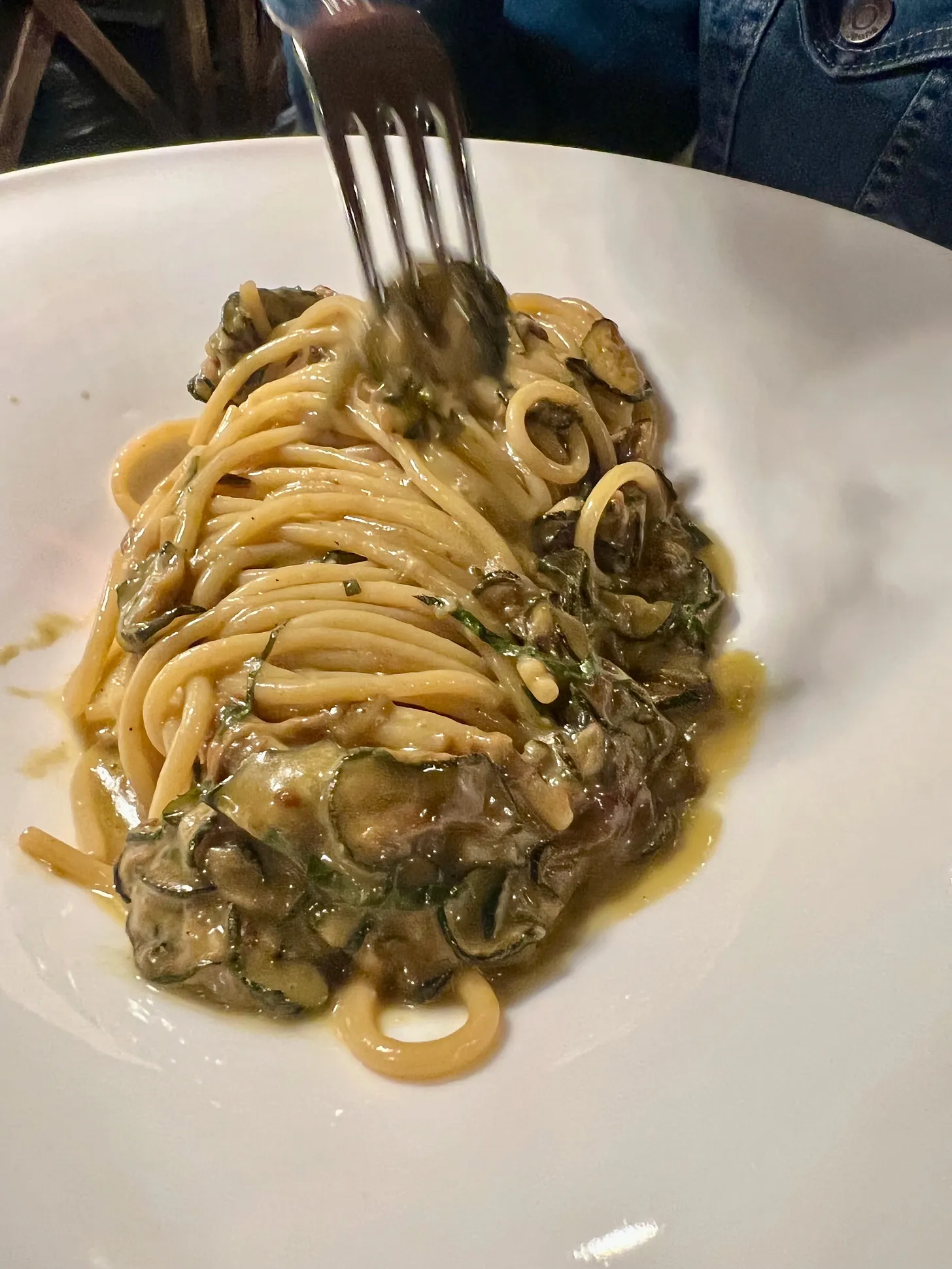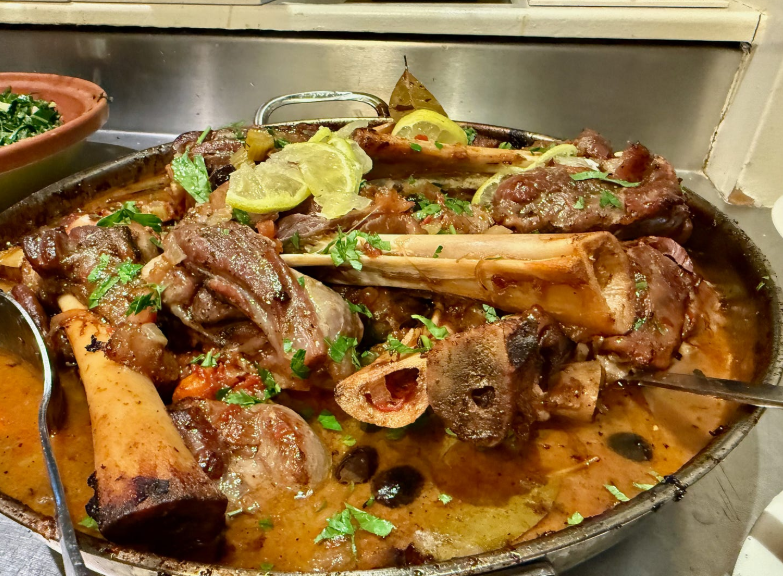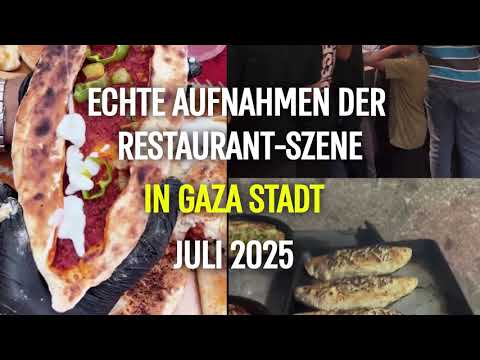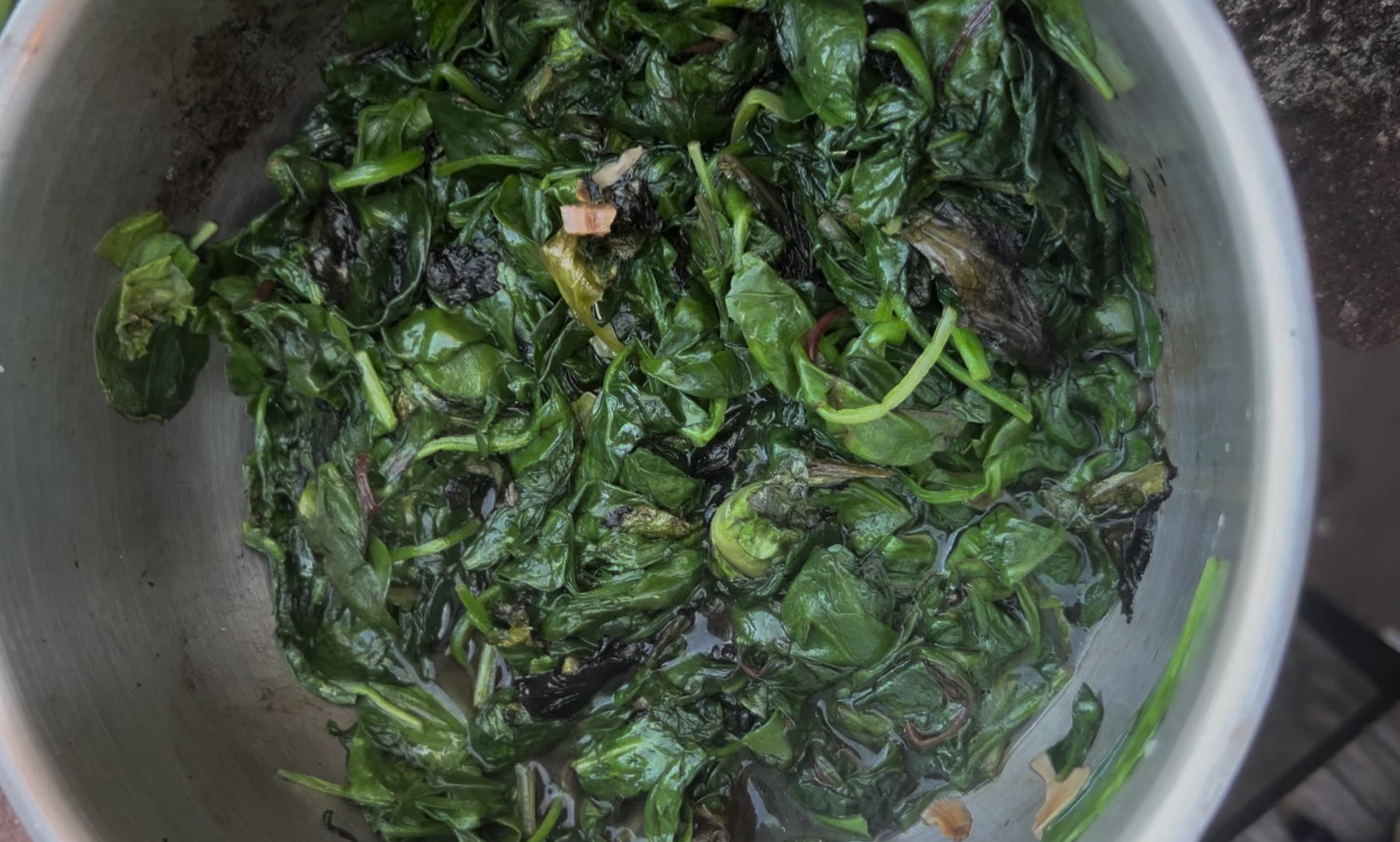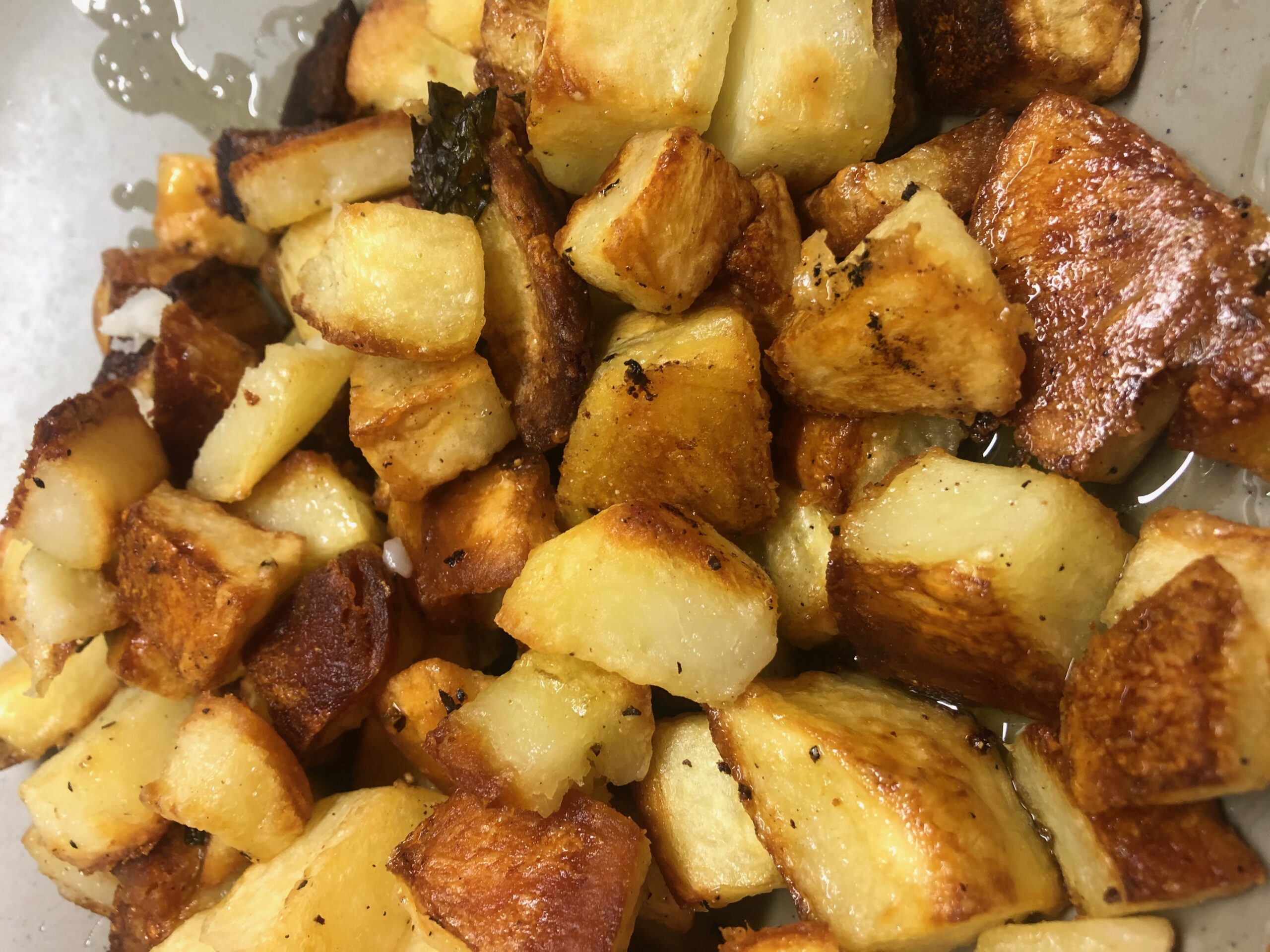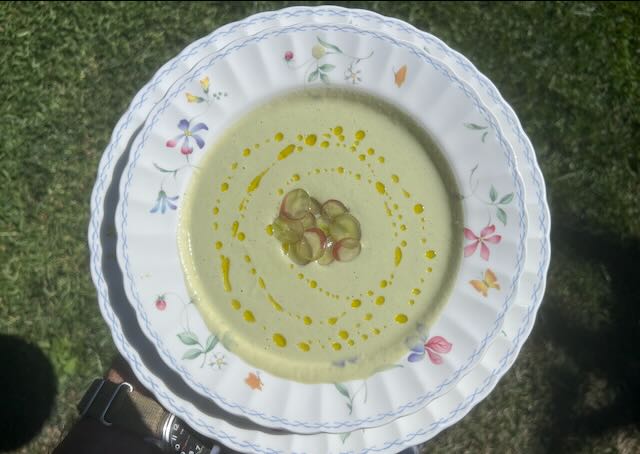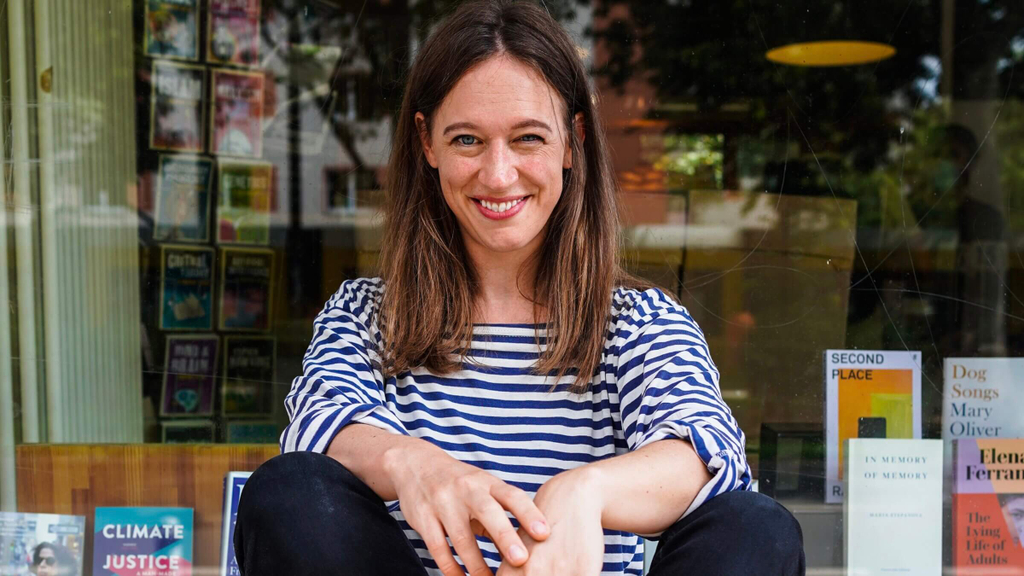This article originally appeared at forward.com. Reposted with permission. Read it here.
Laurel Kratochvila was a 23 year-old from Sharon, Mass. living in Prague, working as a bartender, when she crossed into Poland with her boyfriend, entered a village bakery, and bit into a loaf of braided bread that the baker called chalka.
Then her life changed.
“I ripped into the still-warm loaf and stuffed long strands of fragrant egg bread into my mouth,” she writes in her new cookbook, Dobre Dobre: Baking from Poland and Beyond. “How was it that we’d traveled little more than an hour and suddenly, in this little bakery in this little Polish town, I felt more at home than I had in a year?”
That chalka — a variety of challah made with milk — led Kratochvila, beginning in 2009, on a years-long journey to uncover a hidden truth: the Jewish baking traditions that Americans know and love — bagels, rugelach, babka, kichel — didn’t just happen to resemble Polish baking. They are Polish baking, created by the Jewish bakers who once dominated the trade in pre-war Poland.
Her beautifully-illustrated 329-recipe cookbook reads at least partially as an archaeological expedition, as she excavates how deeply Jewish bakers shaped Polish cuisine — and how their legacy survived even after most of the bakers themselves did not.
After her challah epiphany, Kratochvila moved to Berlin, learned baking, opened the popular Fine Bagels bakery, and, in 2022, wrote the James Beard Award-nominated New European Baking, partly, as she wrote, to “comfort bake Yiddish classics.”
“It was absolutely homesickness baking,”she told me when we spoke by Zoom while she was on a bagel baking break in Crete.
She couldn’t find the Ashkenazi baked goods of home where she had settled in Berlin, but during her research in Poland, she found them everywhere — even if their Jewish roots had been forgotten.
“I had been somewhere so unfamiliar for so long, and then suddenly, yes, this is the taste, this is the smell,” she told me. “For the first time being in Europe, there was something that I felt belonged to me.”
The erasure and the evidence
What nagged at Kratochvila wasn’t just her own homesickness, it was how others ignored what to her she could literally smell and taste. She noticed that a best-selling cookbook on European baking — she didn’t want to name names — didn’t mention Jews at all, save for one caption below a photo of a hamentaschen. It read, “Jewish cookie.”
“There was a kind of cultural erasure,” she said. “I wanted to tell the broader story of where these recipes came from, and where they went.”
The numbers tell that story.
Before World War II, an estimated 50% of Poland’s bakers were Jews, despite comprising just 10% of the population.
Baking was historically one of the few professions allowed to Jews, and they thrived and innovated.
Jewish bakers fashioned both chalka, the often braided bread made from a sweetened milk dough, alongside its milk-less counterpart, challah.
Explore the deeper meaning of food.
From memory to meaning, identity to tradition — The Foodaism Newsletter dives into what food really represents.
Join the conversation on Substack — where every dish tells a story.

